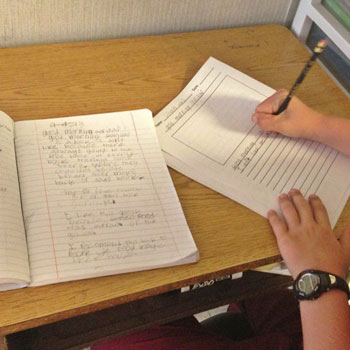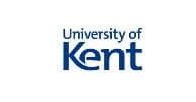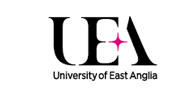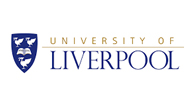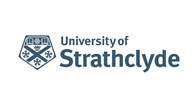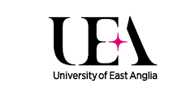Personal Statement
How to write a Personal Statement
A personal statement supports your application to study at a university or college. It’s a chance for you to articulate why you’d like to study a particular course or subject, and what skills and experience you possess that show your passion for your chosen field.
Study Globally will edit your personal statement and ensure the English is clear and grammatically correct. Arrange a free consultation with Study Globally London or Leicester to learn more.
What to write about?
- Look at course descriptions and identify the qualities, skills, and experience it requires – you can use these to help you decide what to write about.
- Tell the reader why you’re applying – include your ambitions, as well as what interests you about the subject, the course provider, and higher education.
- Think about what makes you suitable – this could be relevant experience, skills, or achievements you’ve gained from education, work, or other activities
- Include any clubs or societies you belong to – sporting, creative, or musical.
- What attracted you to the particular university
- Other relevant academic interests and passions which display positive character and personality
- If you took part in a higher education taster course, placement, or summer school, or something similar, include it.
Genuine experiences of extra-curricular clubs, work experience or knowledge around a subject are much more likely to make your personal statement stand out, ,while admission officers are are also looking for positive evidence of your character which will make you a productive member of the university
Length Of Personal Statement?
The length of a personal statement varies depending on the university, but generally the average length for an undergraduate application is between 400-600 words, around one side of A4 paper or a maximum of 47 lines. Certain postgraduate programmes may require a 1000 word personal statement, but this will be clearly specified.
Try not to go over the given character limit as admission officers have many personal statements to go through, and a clearly written and concise personal statement are more likely to stand out.
Personal statement dos and don'ts
- Do show you know your strengths, and outline your ideas clearly.
- Do be enthusiastic – if you show you’re interested in the course, it may help you get a place.
- Do expect to produce several drafts of your personal statement before being totally happy with it.
- Do ask people you trust for their feedback
- Don’t be tempted to buy or copy a personal statement, or share yours. All personal statements are checked for similarity – if your personal statement is flagged as similar to other applicants, it could affect your chances of being offered a place.
- Don’t exaggerate – if you do, you may get caught out in an interview when asked to elaborate on an interesting achievement.
- Don’t rely on a spellchecker, as it will not pick up everything – proofread as many times as possible.
- Don’t leave it to the last minute – your statement will seem rushed, and important information could be left out.
- Don’t let spelling and grammatical errors spoil your statement.
It is also important to not lie about any aspect of your personal life and education history, or even exaggerate. Admission officers will question you about almost all aspects of your application and will be able to see through any lies.
Personal Statement Tips
- If there are any personal circumstances which have affected your educational performance, outline them in your personal statement. For example, this might be something that caused you to miss school - such as a physical or mental health condition, or caring for a family member.
- If your personal circumstances have affected your qualification choices, you can mention this in your personal statement. For example, a change of school which did not offer the same options, or having gained non-different qualifications, skills and experience to many other people (e.g. through the Armed Forces).
- If you have suffered financial hardship during your studies (e.g. received a bursary to cover the costs of your education), you can let the university know about that here.
In terms of presentation, attempt to create five clear paragraphs of text in a clear font such as Arial or Times New Roman, with a maximum size of 12.
How Study-Globally can help
Once you have completed your personal statement, visit Study Globally London or Leicester for a free consultation. We can edit your personal statement and ensure the English is clear and grammatically correct. Once this process is complete, we will return your personal statement within 1-3 working days.


